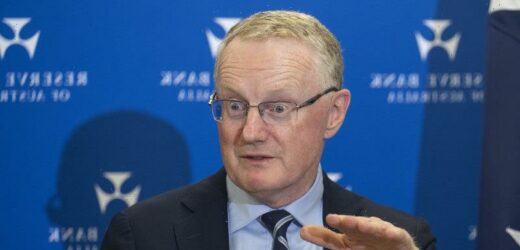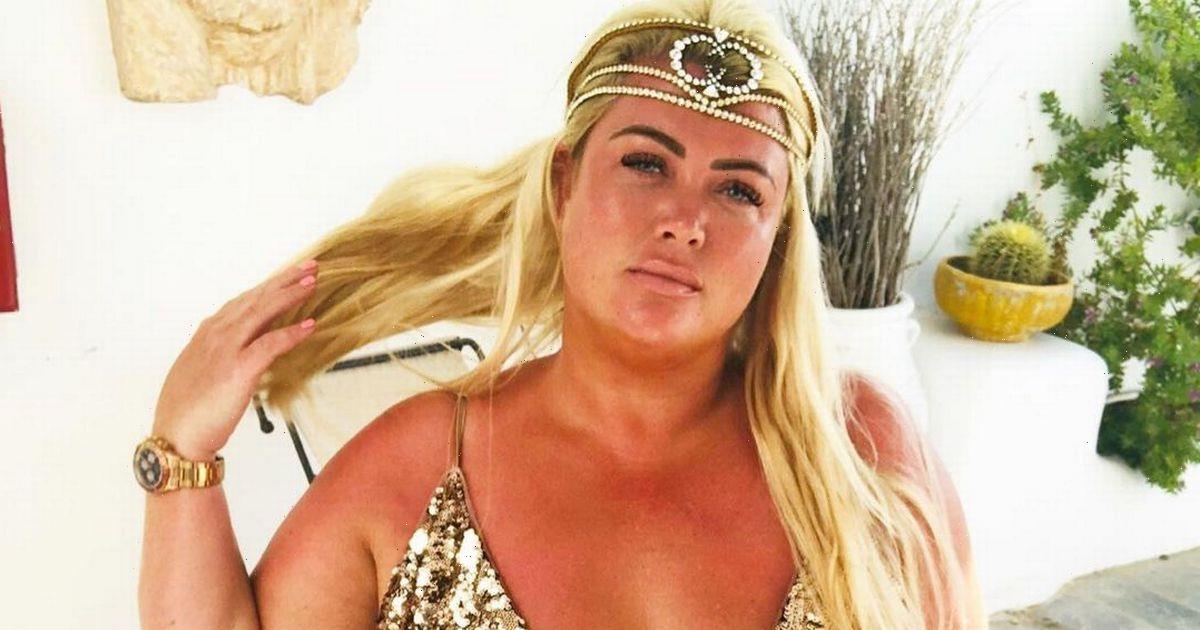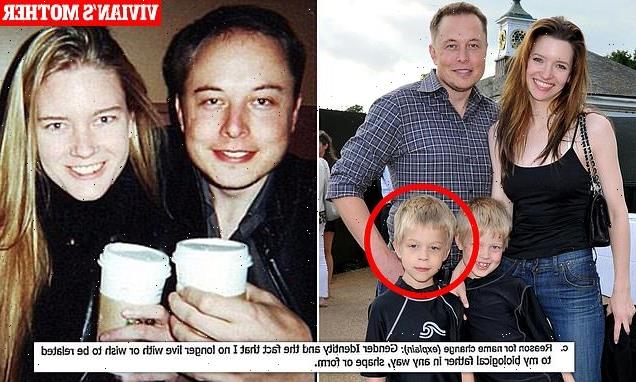Home buyers are being warned by the Reserve Bank to prepare for more interest rate rises, saying it has to get the cost of money back to a normal level to head off inflation pressures that would leave all Australians worse off.
RBA governor Philip Lowe, speaking to the American Chamber of Commerce in Australia in Sydney on Tuesday morning, said the bank was committed to doing what was required to bring inflation back to within its 2 to 3 per cent target band.
The bank has lifted interest rates at its past two previous meetings, taking the official cash rate to 0.85 per cent from 0.1 per cent. Financial markets expect the bank to take the cash rate to almost 3 per cent by year’s end.
The RBA board meets next on July 5 with expectations it will increase rates again, possibly by 0.65 percentage points.
Lowe said home buyers, who took on record levels of debt through the Covid recession, said they should be prepared for more interest rate pain.
“As we chart our way back to 2 to 3 per cent inflation, Australians should be prepared for more interest rate increases,” he said.
“The level of interest rates is still very low for an economy with low unemployment and that is experiencing high inflation.”
But Lowe added a key caveat to the bank’s thinking, saying the RBA would focus its attention on household spending through coming months.
“I want to emphasise though that we are not on a pre-set path. How fast we increase interest rates, and how far we need to go, will be guided by the incoming data and the board’s assessment of the outlook for inflation and the labour market,” he said.
“Many households have not previously experienced a period of rising interest rates. Households are also experiencing a decline in real incomes because of the higher inflation and some of the large gains in housing prices over recent years are being unwound.”
“Given these various considerations, we will be watching household spending carefully as we chart our way back to 2 to 3 per cent inflation.”
There has been some criticism of the bank for lifting interest rates on people who sharply increased their borrowing levels through the COVID-19 recession. The average new mortgage in NSW climbed to an all-time high of $800,000 while in Victoria it has reached $650,000.
But Lowe said inflation, which the bank now believes will peak around 7 per cent in the December quarter before falling next year, had to be brought under control.
He said while many of Australian’s inflation pressures at present were being transmitted from overseas, there were domestic factors at play including the strong growth in domestic spending.
“The board is committed to doing what is necessary to ensure that inflation returns to
the 2 to 3 per cent target range over time,” he said.
“High inflation damages the economy, reduces the purchasing power of people’s incomes and devalues people’s savings. It is also regressive, hurting most those who are least well-equipped to protect themselves.”
The bank on Tuesday also released a review of its yield target policy that it used during the recession to keep the interest rate on government debt at 0.1 per cent.
Through most of the recession, the bank was able to keep these rates at 0.1 per cent but in the final weeks of the policy there was a sharp lift as finance markets started pricing in the risk of higher inflation.
The review found the end of the program was “disorderly” and caused reputational damage to the RBA.
Lowe said that in hindsight, it could be argued there was too much focus on downside risks throughout the COVID-19 recession which then influenced the RBA’s policies.
He signalled the bank was unlikely to use a yield target policy in the same way again.
“The board has not ruled out using a yield target again in extreme circumstances, but views the probability of doing so as low,” he said. “The use of a yield target in some form would need to be evaluated against other policy options, including a bond purchase program. Such a program offers more flexibility, but it does carry other risks.”
Cut through the noise of federal politics with news, views and expert analysis from Jacqueline Maley. Subscribers can sign up to our weekly Inside Politics newsletter here.
Most Viewed in Politics
From our partners
Source: Read Full Article


